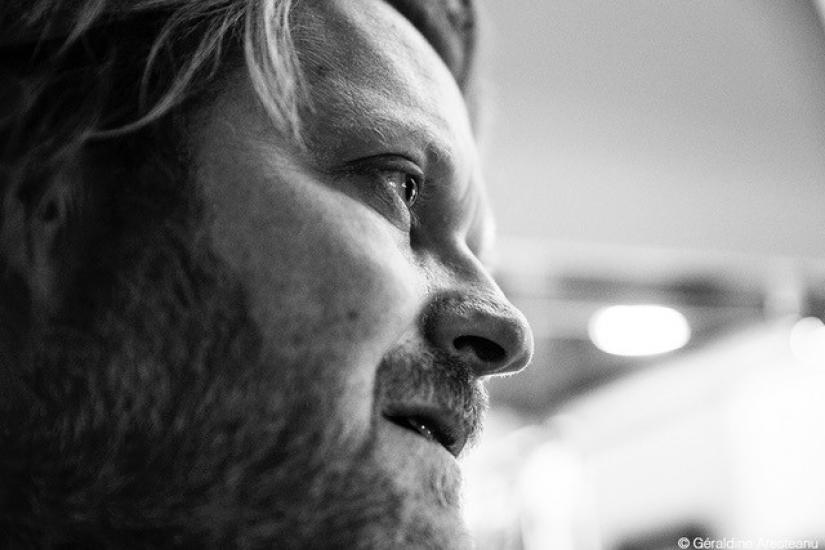
ABSTRACT | Traditional human societies use two of biology’s solutions to reduce free-riding: by collaborating with relatives, they rely on kin-selection mechanism, and by forming highly clustered social kin-networks, they can efficiently depend on reputation dynamics. However, both of these solutions assume the presence of relatives. This paper’s model shows how social networks change during demographic transition. With falling fertility, there are fewer children that could be relatives to each other. As the missing kin is replaced by non-kin friends, local clustering in the social network drops. This effect is compounded by increasing population size, characteristic of demographic transition. At the same time, with falling fertility the average graph distance decreases, ballooning the set of indirect social contacts two-steps away. A second model shows that the speed at which reputation spreads in the network slows down due to both falling fertility and increasing group size. Thus the demographic transition weakens both mechanisms of free-rider reduction: there are fewer relatives around, and reputation spreads slowly. This new link between falling fertility and the altered structure of the social network offers novel interpretations to the origins of legal institutions, the Small World phenomenon, the social impact of urbanisation, and the birds-of-a-feather friendship choice heuristic.
BIO | Tamás Dávid-Barrett is an evolutionary behavioural scientist, whose research asks what traits allow humans to live in large and culturally complex societies. Tamás’s current work examines how social networks vary over the human life-course, the effect of social networks on romantic pair-choice, the evolutionary origins of social inequality and its regulation via altering network architecture, and the effect of fire and cooking on group size and social network complexity. Tamás is a research professor at the Centro de Investigación de Complejidad Social at the Universidad del Desarollo in Santiago de Chile, teaches economics at Trinity College, University of Oxford in the United Kingdom, and is affiliated with the Institute für Weltwirtschaft in Kiel, Germany. Tamás recently finished his book on the coming female millennium, entitled ‘Matriocracy’.